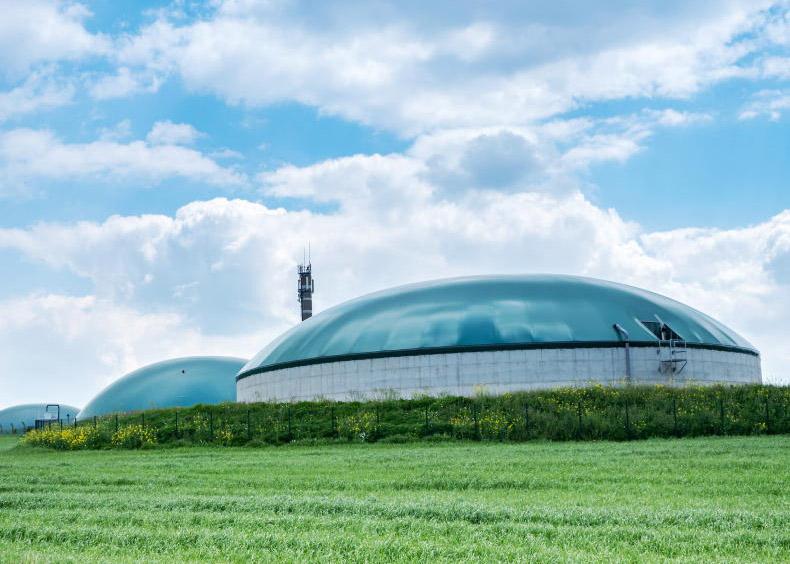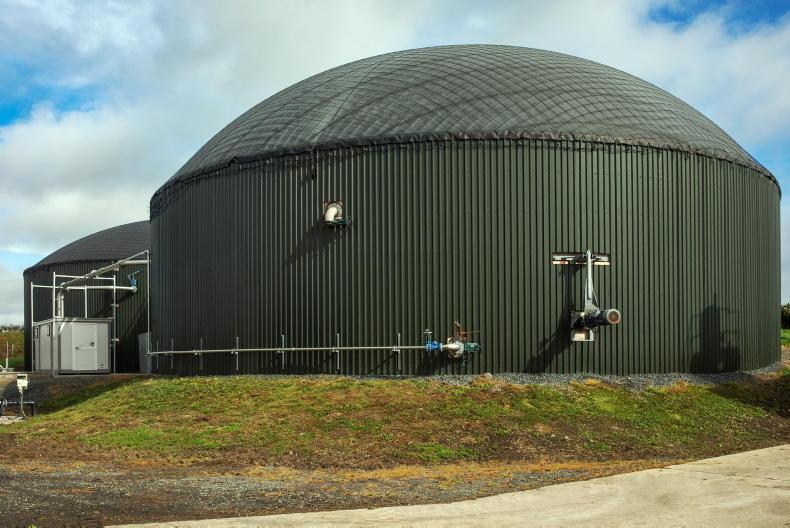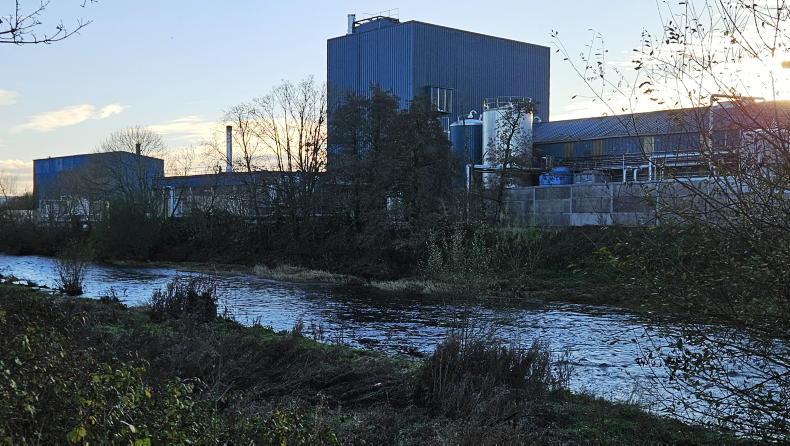The Irish Co-operative Organisation Society (ICOS) believes that co-op-run biogas plants is a solution for enhancing Ireland’s bioeconomy.
It comes after ICOS hosted an information webinar on the opportunities for farmers in the bioeconomy with a focus on enhancing Ireland’s anaerobic digestion (AD) yield.
AD plants can be used to create biogas, which can be pumped into the electricity grid or used to power transport.
ICOS bioeconomy executive John Brosnan said co-op-owned plants can reduce the administrative cost and burden on farmers who want to supply manure while also sharing services with other local farmers.
“Co-ops are simple, effective, low-cost and cost-effective to establish. They are a fair and democratic structure,” he said.
“They are well proven in the agri-food sector, why wouldn’t they work in the bioeconomy for the same reasons.”
Concerns
However, concerns over health and safety measures were raised during the information webinar.
Regulations in Ireland permit that AD plants must pasteurise digestate that contains waste from more than one farm.
Operators in Denmark can do the same, but only when there are 50 farmers or more, along with testing for E coli and salmonella.
One farmer asked if the cost of pasteurisation will affect what plants can offer farmers in return for their manures.
Teagasc researcher Maurice Deasy said that the regulations are in place to protect the agri-food sector and further research would be needed to change them.
“It is hard to say that in every condition that the digestate is safe from pathogens. In the majority of cases, it is true,” he said.
“I think with AD we can help reduce the spread of diseases and manage it. If farmers were testing their slurry to find out what diseases are floating around, then you’ll know what you have and you can deal with it.
“We need it on both sides - we can’t have this huge cost of pasteurising when it’s not necessary because that’s an environmental cost, but, equally, we need to make sure we are providing digestate that is free of pathogens and delivers what it says it should.”
Attitudes
Teagasc completed a national farm survey about farmer willingness to adopt AD measures on their farms.
The survey found that over 60% of farmers were ‘not at all’ willing to supply silage and slurry for AD or produce low-nitrogen silage.
Deasy said that the low overall levels of willingness could be down to a lack of awareness.
“Is there a lack of knowledge and is there a fear of ‘what will I be signing up for’. So, I think that is definitely something that needs to be worked on in the future.”
However, it showed that over 40% of farmers were ‘very willing’ to receive digestate, while over 20% were neutral about the idea.
Deasy added that if these farmers were involved in supplying for AD, then this would create sufficient levels to achieve their 5.7TWh energy production targets.
“We don’t need every farmer to stop what they’re doing and grow grass for silage. We only need a small percentage of farmers to decide: ‘You know what, this suits me. I can supply to an AD plant and get digestate back’.”









SHARING OPTIONS